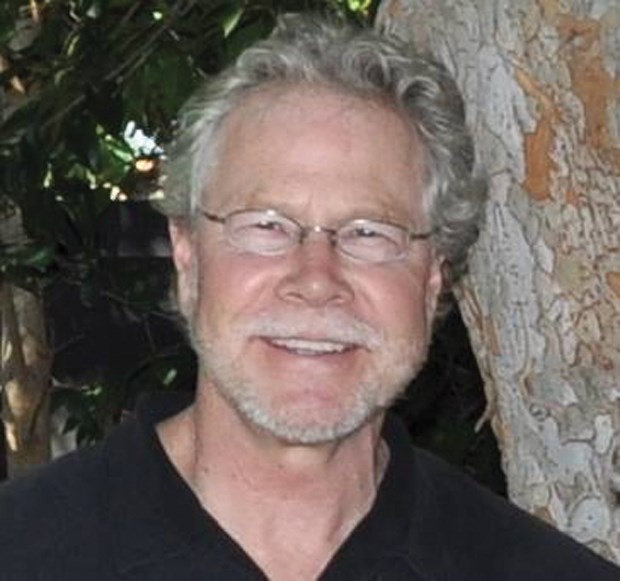Today’s high-speed, interactive world has its many pluses in terms of the pace and ease of communication. But that may be a detriment for some youngsters whose anxiety levels can be affected negatively by the “connected world,” said a noted psychologist.
“One of the areas we know that affects a lot of kids is the threat to their social standing and self concept through social media,” said Dr. Aaron White a school psychologist and adjunct professor at UBC who is the guest speaker tonight (Nov. 19) at a lecture titled Unanxious Parenting: Breaking the Cycle of Anxiety, part of the Gifted Speakers Series at Choice School in east Richmond. “They have instant access to what other kids might be saying about them in texts or online in social media sites.”
If that access to constant feedback is not regulated, White said the continued bombardment can have a negative impact and heighten anxiety levels.
“How is a kid going to be able to go to sleep, which they need to regenerate, to be non-anxious the next day, if they check their phone or computer before they go to bed and see people are having a discussion where they might be mentioned.”
White said many school psychologists and clinicians are agreeing these days that in the last decade the overall level of anxiety, and accompanying disorders, amongst school-aged children has increased markedly.
While there are no exact reasons why, speculation of a link to our fast-paced environment is grouped with increased mobility and less membership in long-standing organizations such as church congregations, and less stable relationships with families.
“Today, there can be more situations where grandparents live in a different city and extended families that aren’t there for the kids necessarily,” White said. “Plus, with many families where both mom and dad are working, perhaps there is less parent time for some children.”
All of that can undermine the environment where anxieties can be quelled, he added.
Also thought to be a driver of anxiety is society’s unending quest for the ideal life.
“We have an increasing tendency to be unaccepting of anything other than perfect happiness in our culture,” White said, “and as a result people are then afraid of anxiety.”
But this is not to say any level of anxiety is bad. White said it is a normal part of life that keeps us motivated and safe from harm.
As for treating the situation, medication is often not the answer, White said, likening it to a “pharmaceutical crutch” that can potentially hamper children rather than help them.
“In general, I follow a motto common among psychologists that it’s preferable to have skills, not pills to manage anxiety.”
And since those skills are not present at birth, they need to be learned.
White suggested one of the best ways that can be accomplished is through a parent’s willingness to express confidence in their child’s ability to cope.
“We need parents to say, ‘Whatever happens, I know you can handle it,’” White said, adding parents also need to model behaviour when dealing with their own anxieties.
White’s presentation runs from 6 to 8 p.m. at Choice School, 20451 Westminster Highway.
To register for this free presentation contact Choice School principal Lynn Chartres at 604-284-2318 or [email protected].



